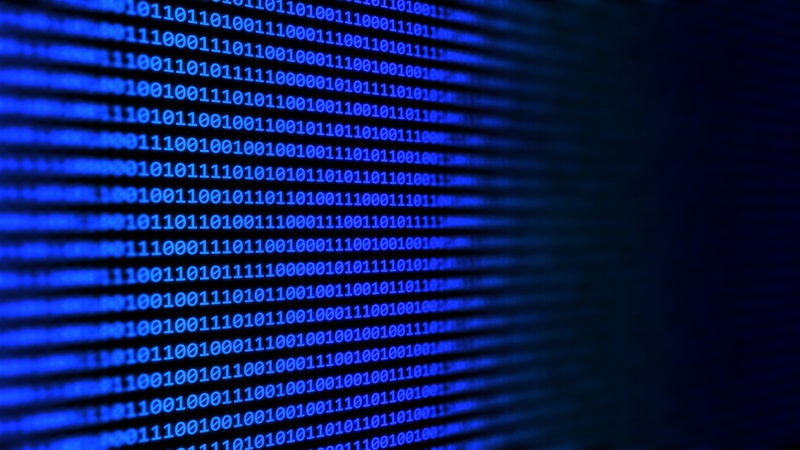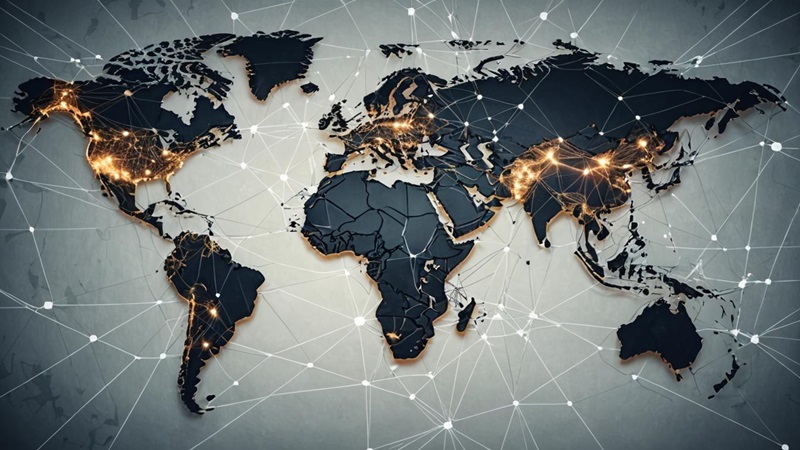What does digital mean?

Understanding the Digital revolution
The definition and scope of Digital
In the fast-paced world of today, the term “digital” is widely used to encompass a variety of technological advancements and shifts in our interactions with the world.
Essentially, “digital” pertains to the utilization of digital technology for information processing, storage, and transmission.
This includes a range of devices such as smartphones and computers, as well as platforms like the internet and the expanding world of digital media.
The digital revolution has significantly changed our everyday routines, reshaping the way we communicate, work, make purchases, and seek entertainment.
Digital technology functions by utilizing binary code, which consists of ones and zeros to encode, process, and transmit data. This transition from analog to digital has revolutionized the way information is stored and transmitted, making it more efficient and reliable.

Consequently, digital devices are capable of processing large volumes of data at remarkable speeds, driving advancements in sectors such as healthcare, education, and finance.
The impact of digital technology goes beyond just devices; it represents a shift towards a connected and data-centric world.
The impact of Digital on society
The digital revolution has caused significant change s in society, impacting our way of life and interactions. One of the most notable effects is the democratization of information.
With the internet, information is now more accessible than ever, leading to a more informed and connected global population.
This has broken down geographical barriers and fostered a sense of global community.
Social media, blogs, and online forums enable individuals to share their thoughts, experiences, and knowledge, contributing to a more collaborative and participatory culture.
However, the digital era also brings challenges.
Issues such as the digital divide, privacy concerns, and cybersecurity threats have become critical areas of focus.
The digital divide refers to the gap between those with access to digital technologies and those without, often exacerbating existing social and economic inequalities.
Privacy concerns stem from the vast amount of personal data collected by digital platforms, leading to debates over data ownership and usage.
Cybersecurity threats, such as hacking and cyber-attacks, pose significant risks to individuals and organizations.
As society becomes increasingly reliant on digital technologies, addressing these challenges is essential to ensure a safe and equitable digital future..
The future of Digital innovation
Emerging technologies
The digital realm is in a constant state of evolution, as new technologies are set to revolutionize the future.
Artificial Intelligence (AI), Machine Learning (ML), and the Internet of Things (IoT) are leading the charge in this transformation.
AI and ML are propelling automation forward, allowing machines to learn and adapt from data, thereby boosting efficiency and productivity across various industries.
The IoT links everyday objects to the internet, facilitating seamless communication and data exchange between devices.

This interconnectedness paves the way for smart homes, cities, and industries, resulting in more effective resource management and an enhanced quality of life.
Blockchain technology is another groundbreaking innovation, offering a decentralized and secure way to record transactions.
Initially associated with cryptocurrencies like Bitcoin, blockchain is now being explored for a wide range of applications, such as supply chain management, healthcare, and voting systems.
Its ability to deliver transparency, security, and efficiency positions it as a valuable tool for addressing the challenges of the digital era.
As these technologies progress, they are sure to play a pivotal role in shaping the future of our digital landscape.
Ethical Considerations and Digital Literacy
With the advancement of digital technologies, the importance of ethical considerations is on the rise.
Addressing issues like AI ethics, data privacy, and ethical use of digital tools is crucial to ensure that technological progress benefits society as a whole.

AI ethics, for example, involves establishing guidelines and standards to guarantee that AI systems are fair, transparent, and accountable.
Robust policies and regulations are necessary to safeguard individuals’ personal information from misuse and exploitation, thus ensuring data privacy.
Digital literacy is also key in navigating the digital age, requiring individuals to acquire the skills and knowledge to effectively and responsibly use digital tools.
This includes not only technical skills but also the ability to critically assess digital content, comprehend online privacy and security, and engage in ethical digital practices.

Promoting digital literacy through education and training programs is essential for empowering individuals to succeed in a digital society and for cultivating a culture of responsible and well-informed digital citizenship.

